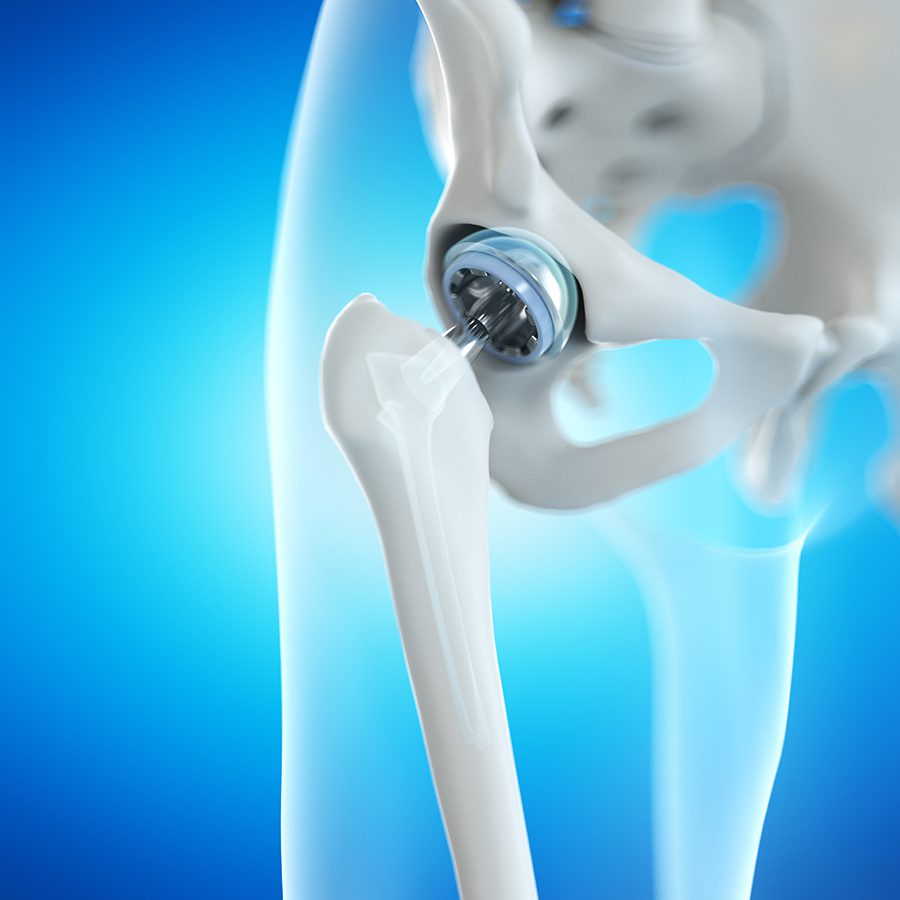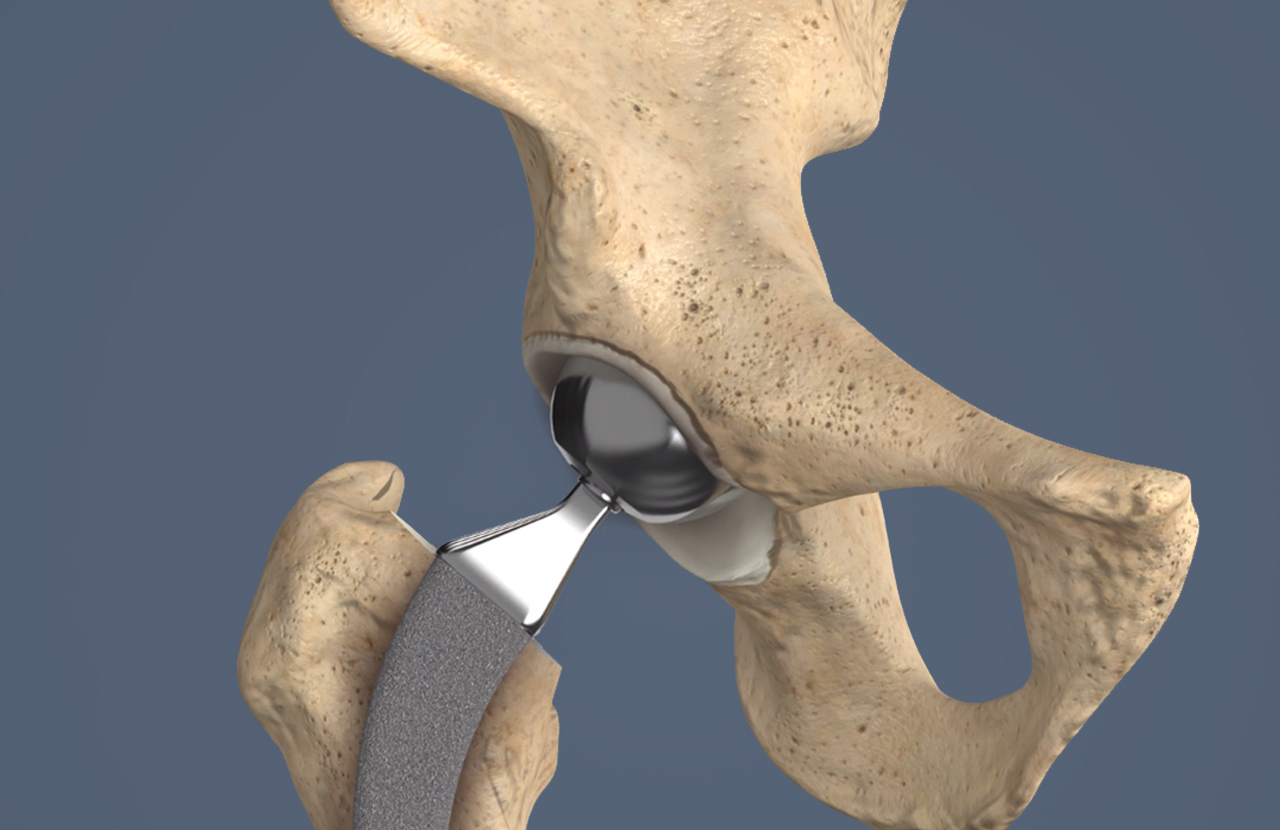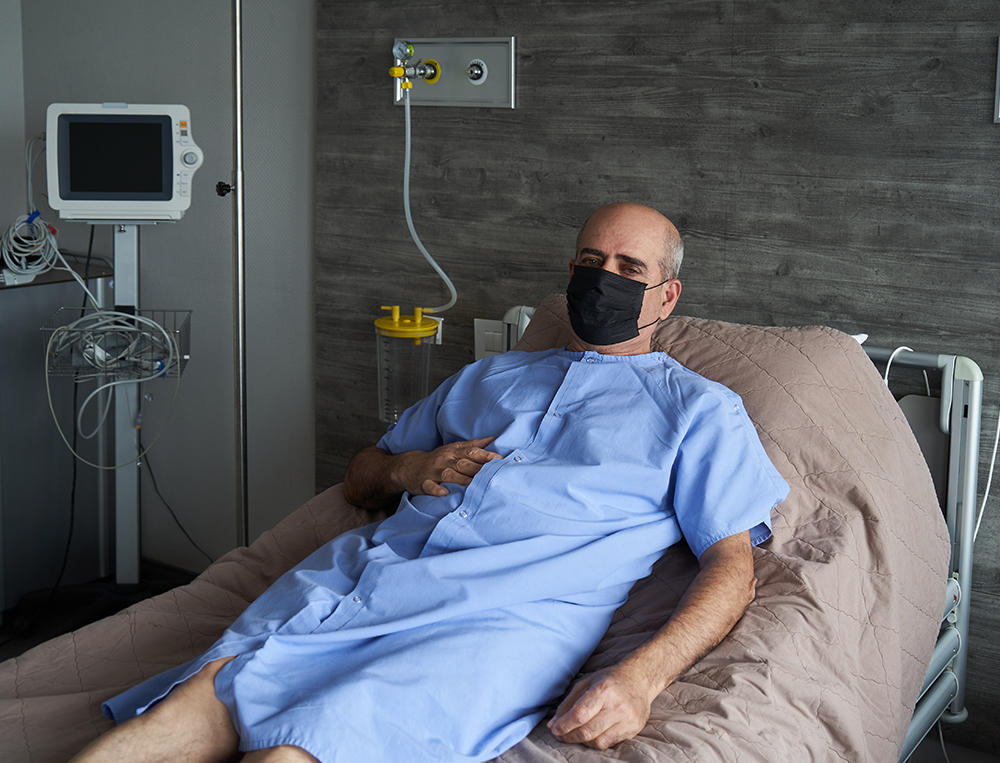Hip joint replacement

Hip joint replacement is surgery to replace all or part of the hip joint with a man-made joint. The artificial joint is called a prosthesis.Your hip joint is made up of 2 major parts. One or both parts may be replaced during surgery
- The hip socket (a part of the pelvic bone called the acetabulum)
- The upper end of the thigh bone (called the femoral head)
- The new hip that replaces the old one is made up of these parts:
- A socket, which is usually made of strong metal.
- A liner, which fits inside the socket. It is most often plastic.
- The liner allows the hip to move smoothly.
- A metal or ceramic ball that will replace the round head (top) of your thigh bone.
- A metal stem that is attached to the thigh bone to anchor the joint.
you will not feel any pain during surgery. You will have anesthesia.


